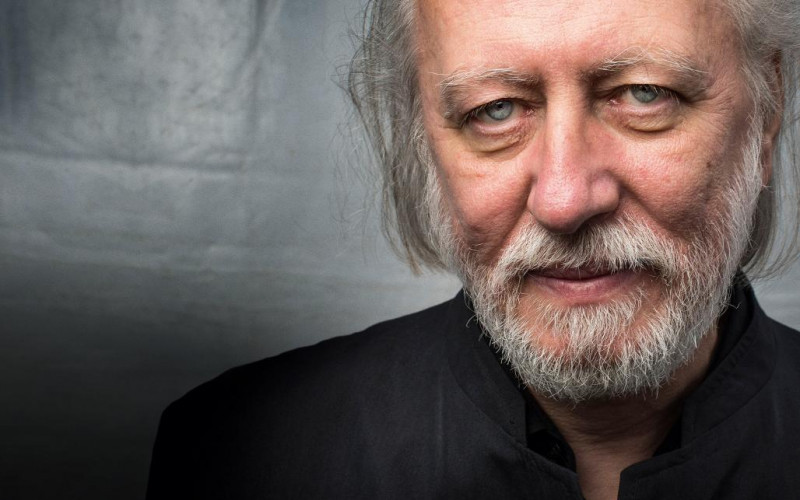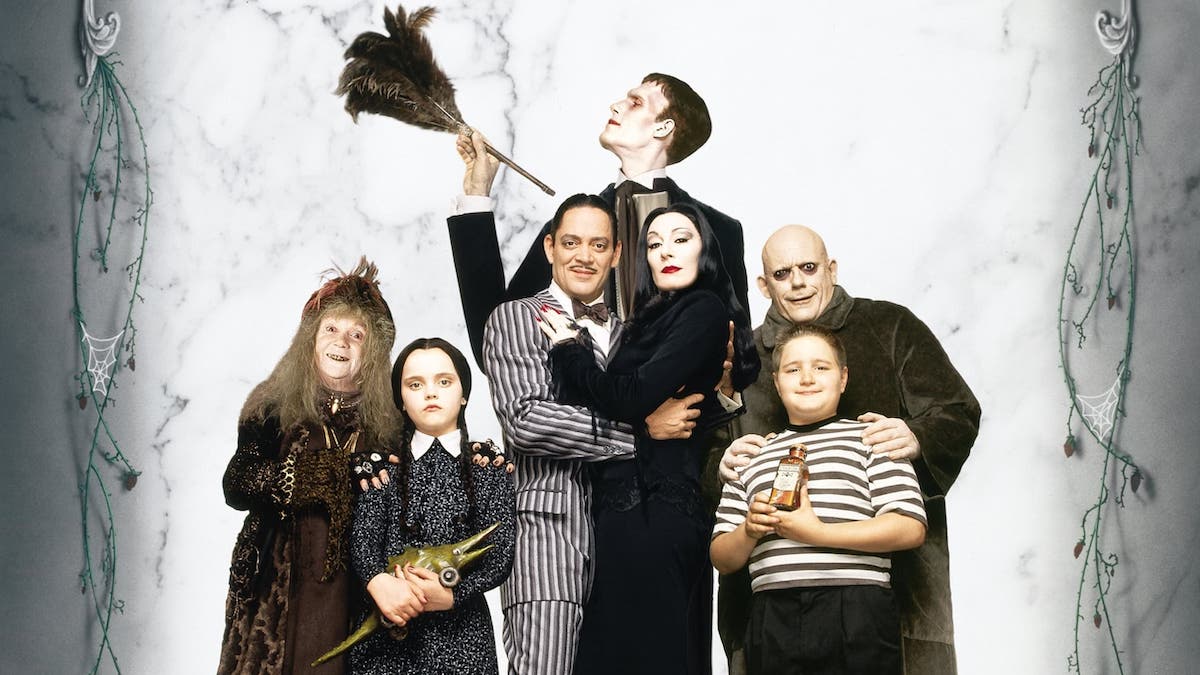Spoilers ahead: You have been warned.
1979 is calling, are you picking up? Ridley Scott is on the phone with a timeless, well-crafted yet chilling movie that stands the test of time.
“Alien: Romulus” is set to release in theaters Aug. 16 this year. For those in need of a refresh, the original “Alien” film can serve as a reminder as to why the franchise remains so prominent in popular culture today.
In outer space, a seven-member crew on its way back to Earth gets woken up by a transmission. Following the company’s order, the crew lands on an unknown planet and investigates the signal. Three members of the team — Captain Dallas, Executive Officer Kane and Navigator Lambert — set out on an exploration of the unknown planet while the others wait inside the ship.
While exploring an unknown and abandoned spacecraft, Kane finds a large chamber of thousands of alien eggs. While investigating the species, dormant in their eggs and waiting to be hatched, Kane gets attacked and the creature latches onto his face.
Once Dallas and Lambert return Kane to the ship, they all wait in the loading dock. Ripley, played by Sigourney Weaver, refuses to let the three back on the ship. According to quarantine protocols set by the company, a 24-hour quarantine must be put in place before Kane can enter the ship. Despite Ripley’s refusal, Science Officer Ash overrides the door and lets the three in. Chaos follows.
What happens to injured Officer Kane? What creature attacked him during the exploration? Does the crew make it back home safe to Earth?
The soundtrack, created by Jerry Goldsmith, was one of my favorite aspects of the movie. The eerie flute adds suspense to the drawn-out scenes, painting an unnerving and intriguing balance. The soundtrack is innovative and exciting, perfectly aligning with the suspenseful plot of the movie.
Alien is a masterclass at creating suspense. Scott takes his time setting up the movie and establishing an atmosphere with delicate world building. Scott never wants the audience to be comfortable, and he leaves us paranoid for the next shot of the film.
Even when the crew is having a celebratory dinner after Kane survived the attack, Scott tears apart the calm. The dinner is abruptly interrupted with the iconic chest bursting scene that is probably the most iconic scene of the entire franchise.
Although the mise en scène is noteworthy, one other aspect of the film grabbed my attention. Is Ridley Scott a feminist?
Scott’s decision to create empowered and nuanced female characters in the movie is a decisive one. At the climax of the movie, he leaves the only two females on the crew to survive the longest. Sigourney Weaver is the only survivor — and I should mention the only intelligent crew member who wanted to put the quarantine in place in the beginning.
Compared to other horror movies created at the time, “Alien” stands out as a stark example of presenting women as strong and intelligent characters. Yes, the script, casting and all other artistic choices of the film should supersede any political or social agendas of a filmmaker. Nonetheless, Scott should be applauded for his choices.
“The Shining,” for example, portrays a helpless Wendy who is trapped with her abusive husband, living in constant fear. Contrary to the original source material of Stephen King’s book, the film fails to meet King’s standards of a more defensive and stronger Wendy.
Despite her portrayal in the film, I still enjoy “The Shining” and believe it’s a great movie. However, in contrast to “Alien,” Stanley Kubrick should reconsider his portrayal of Wendy. Enter: Sigourney Weaver with a flamethrower, destroying all stereotypes of previous horror movies portraying women.
Some aspects of the film — especially the technical aspects — aged poorly. The poorly shot attack scenes with a tacky zoom-in and scream seem dated. Nonetheless, this is a cult-classic movie, especially for those who enjoy the horror genre.
Rating: 4/5 stars














